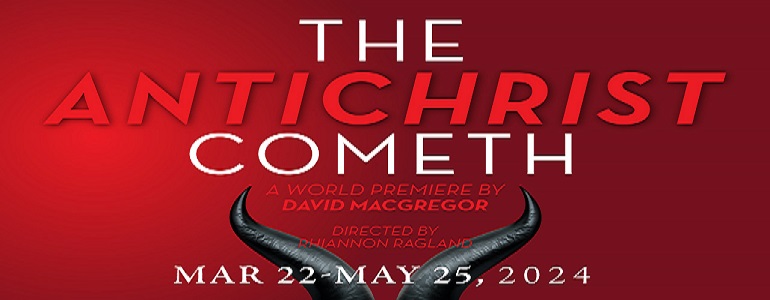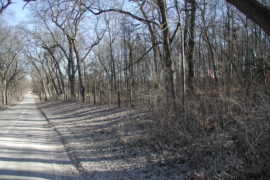It’s hard to fly under the radar when you’ve helped over 10,000 area kids – but somehow the Washtenaw Camp Placement (WCP) program has done exactly that. It’s never been about notoriety or pats on the back for those who run WCP – they receive plenty of satisfied feedback from the many young boys and girls they are able to help each year.
On July 15, this little non-profit that few residents are aware of awarded its 10,000th summer campership. WCP was established by community leaders to serve as the coordinating agency for resident camp scholarships in Washtenaw County. Since 1962 its mission has been to connect at-risk local youth to resident summer camps through community support. A campership consists of one or two fully paid weeks of sleep away camp, plus transportation and gear if needed.
A total of 153 boys and girls are attending 189 weeks of camp this year – an incredible accomplishment considering Executive Director Jane Talcott is the only full-time employee of the WCP. Talcott, along with a 12-hour a week summer helper, a committed Board of Directors and dozens of volunteers says the non-profit’s long-term goal is a minimum of 200 placements annually.

“The need is so great,” Talcott says. “Each of these youngsters is in a difficult situation. Over half the applicants live in a household with an annual income of $15,000 or less. And many of the campers are cared for by someone other than a parent, such as a grandmother or an aunt. Some are in foster care, a few are homeless. For too many it is the only time of year they eat three meals a day and sleep in safety.”
The full price for these camps ranges from $520 to $825 for one week, plus transportation.
Talcott is grateful for significantly reduced fees provided by her partner camps: YMCA Camps Al-Gon-Quian, Hayo-Went-Ha Boys, Nissokone, Mystic Lake, Storer and Hayo-Went-Ha Arbutus for Girls.
Prospective campers live in and and/or go to school in Washtenaw County, in grades 4 and above. They are referred by school personnel and by social workers in agencies such as Community Action Network, Peace Neighborhood Center and SOS Community Services. Applications are screened by volunteers to determine which youngsters would benefit the most from a camp experience. Then placement occurs – matching the age and gender of applicants with sessions available at the camps.
WCP holds an Orientation Session for campers and their families each spring. Questions are answered by camp representatives and gear is available. WCP disburses new and gently used sleeping bags, duffels and other camp necessities that have been donated throughout the year.
Campers are not identified as charity recipients because they are sent to the camps a few at a time different weeks from mid-June through late August.
Former Board member Linda Ewing Forster is fond of saying, “for one or two weeks these youngsters get to be a kid just like any other kid.” For many it’s the first time at a beach, to hike in the woods, and sing songs around a campfire. They make new friends and their horizons expand. Camp is a great way for a child to gain some independence, and to be around young adults who are positive role models.
At the end of a camp session each child is evaluated by camp counselors and directors. WCP has collected data indicating that the campers average improvement in six out of twelve positive behaviors and attitudes such as leadership and group participation.
There are no government funds in the WCP budget, it is all from generous individuals, businesses, foundations and service organizations such as Kiwanis, Rotary and Lions clubs.
Camp is a precious gift directly to a child; it cannot be co-opted or pre-empted. The lessons and memories won’t wear out like a material thing—they will last a lifetime. The children come back to school and community as better citizens, and they have had fun! It’s a win-win situation.
For more information, http://www.washtenawcampplacement.org/











